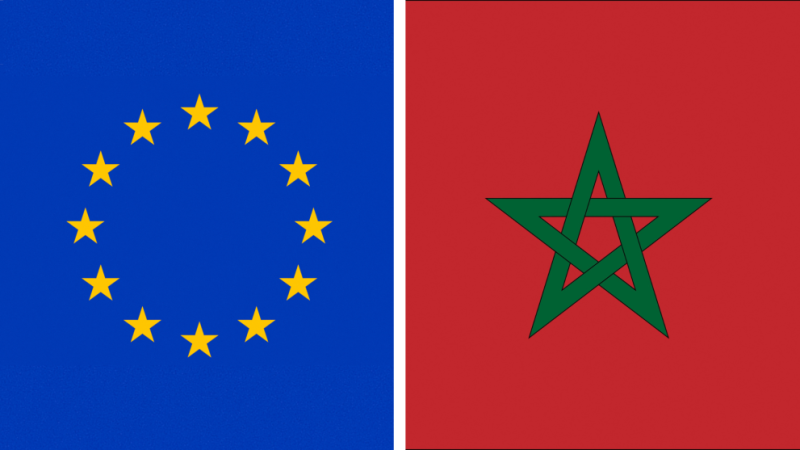The proposal extends preferential tariffs to products originating from Western Sahara and allows origin labels that use regional names instead of “Western Sahara”, despite a clear ruling from the Court of Justice requiring explicit labelling. The sector warns that this creates a legal shortcut that misleads consumers, ignores EU jurisprudence and sets a precedent for concealing product origins.
Producers organisations highlight several risks arising from this revision. First, the agreement exposes European producers to unfair competition from Western Saharan products grown under lower social and environmental standards.
Second, at a time when European fruit and vegetable growers are already under intense market pressure due to rising imports, the revision threatens to further displace EU production, increasing economic pressure on farms across the Union.
The proposal also risks eroding consumer confidence due to the lack of transparency in labels that conceal origin, weakening trust in EU labelling rules.
RELATED NEWS: Call for urgent review of the EU–Morocco agreement
In addition, the agreement would delegate critical controls to Moroccan authorities to issue conformity certificates, reducing EU oversight and raising serious concerns regarding compliance with European standards.
Finally, despite years of demands from the sector for reciprocity, mirror clauses and solid safeguard mechanisms, the Commission has neither reformed the agreement nor addressed these long-standing concerns, leaving European producers vulnerable to distorted competition and market instability.
As a result, European producers are calling on Members of the European Parliament to support the objection to the delegated act on origin labelling for fruit and vegetables from Western Sahara, which will be put to a vote in the Plenary this week. They stress the need for a full and balanced renegotiation of the agreement to ensure the protection of European farmers, implement effective safeguards and uphold EU and international law.
“European producers cannot be forced to compete in a system that hides origins, weakens standards and ignores the rulings of the Court,” the organisations state in their letter.


















